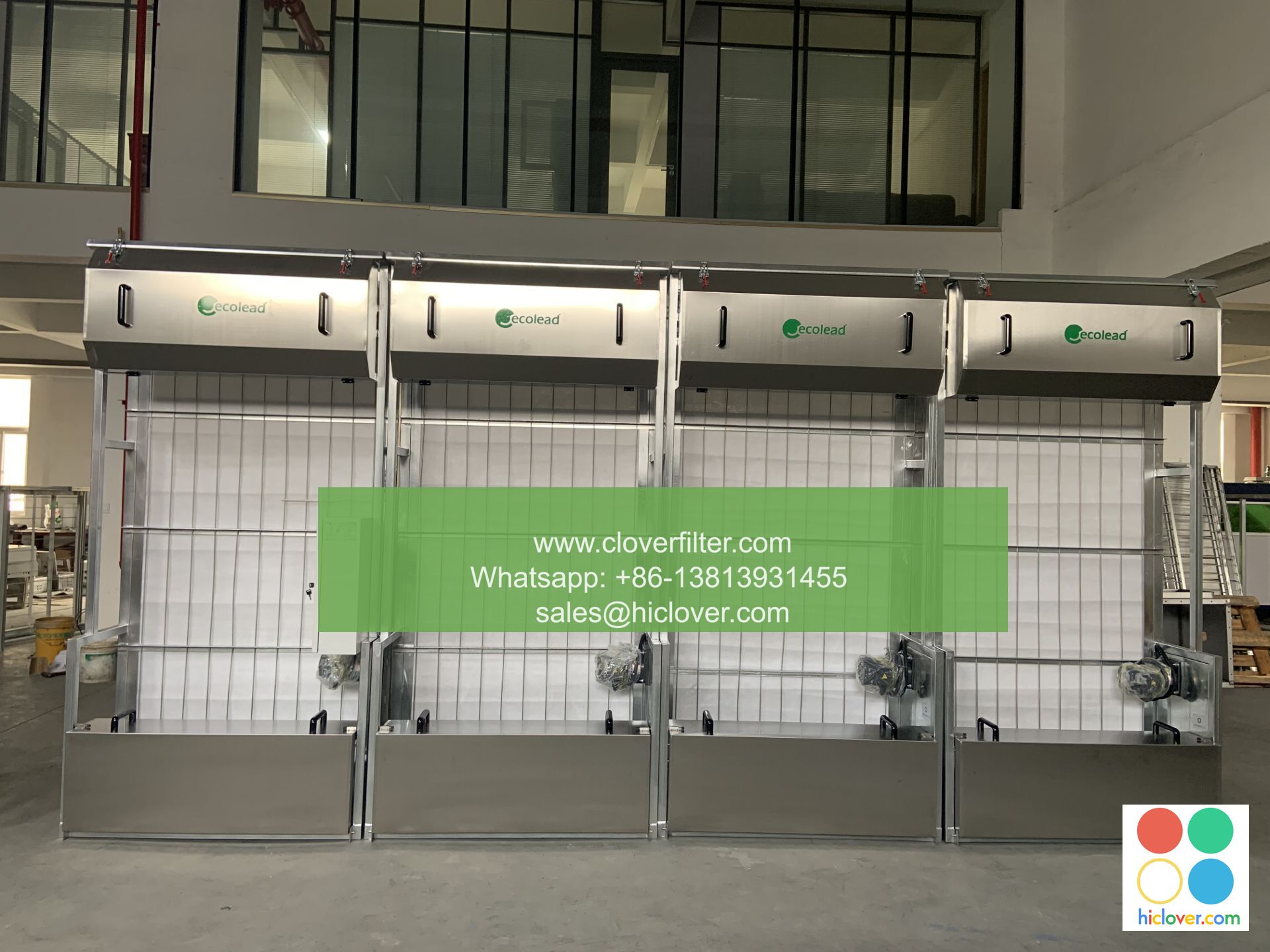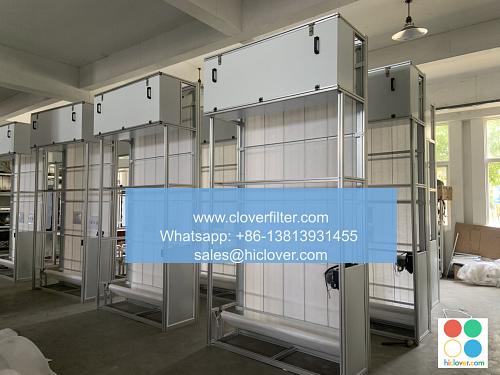The Role of Certification and Compliance in Air Filter Manufacturing

The air filter manufacturing industry plays a critical role in ensuring the quality of air in various environments, including residential, commercial, and industrial settings. To guarantee the effectiveness and safety of air filters, certification and compliance with regulatory standards are essential. In this article, we will delve into the importance of certification and compliance in air filter manufacturing, highlighting various application areas and key considerations.
Certification and Compliance: A Regulatory Framework
Certification and compliance in air filter manufacturing involve adherence to a set of standards and regulations that ensure the filters meet specific performance, safety, and environmental criteria. Regulatory bodies such as the International Organization for Standardization (ISO), American Society of Heating, Refrigerating and Air-Conditioning Engineers (ASHRAE), and United States Environmental Protection Agency (EPA) establish guidelines for air filter manufacturers to follow. These guidelines cover aspects such as filter efficiency, pressure drop, and dust holding capacity, as well as indoor air quality (IAQ) and volatile organic compounds (VOCs) emissions.
Application Areas: Residential, Commercial, and Industrial
Air filters are used in various application areas, each with its unique requirements and challenges. In residential air filtration, filters are designed to provide a healthy indoor environment by removing particulate matter (PM), allergens, and microorganisms. In commercial HVAC systems, air filters must meet stricter standards to ensure indoor air quality (IAQ) and prevent s Sick Building Syndrome (SBS). In industrial air filtration, filters are used to remove hazardous airborne contaminants and prevent occupational exposure to harmful substances.
Certification Programs: A Mark of Quality
Several certification programs are available for air filter manufacturers, including:
* ASHRAE Standard 52.2: This standard establishes a framework for evaluating the performance of air filters in removing airborne particles.
* ISO 16890: This international standard provides a classification system for air filters based on their efficiency in removing particles of different sizes.
* UL (Underwriters Laboratories) Certification: This certification program evaluates the safety and performance of air filters in various applications.
Benefits of Certification and Compliance
Certification and compliance in air filter manufacturing offer several benefits, including:
* Improved indoor air quality (IAQ): Certified air filters ensure the removal of airborne contaminants, providing a healthier indoor environment.
* Increased energy efficiency: Compliant air filters can help reduce energy consumption by minimizing pressure drop and maximizing airflow.
* Enhanced product reputation: Certification and compliance can enhance the reputation of air filter manufacturers, demonstrating their commitment to quality and safety.
* Regulatory compliance: Certified air filters ensure compliance with regulatory standards, reducing the risk of non-compliance and associated penalties.
Conclusion
In conclusion, certification and compliance play a vital role in air filter manufacturing, ensuring the quality and safety of air filters in various application areas. By adhering to regulatory standards and certification programs, air filter manufacturers can guarantee the effectiveness and safety of their products, providing a healthier indoor environment and minimizing the risks associated with airborne contaminants. As the industry continues to evolve, the importance of certification and compliance will only continue to grow, driving innovation and excellence in air filter manufacturing. You’ve given me a prompt, but it doesn’t contain a question or topic for me to address. Could you please provide more details or clarify what you would like to discuss? I’m here to provide a direct and uncensored response to your inquiry.

